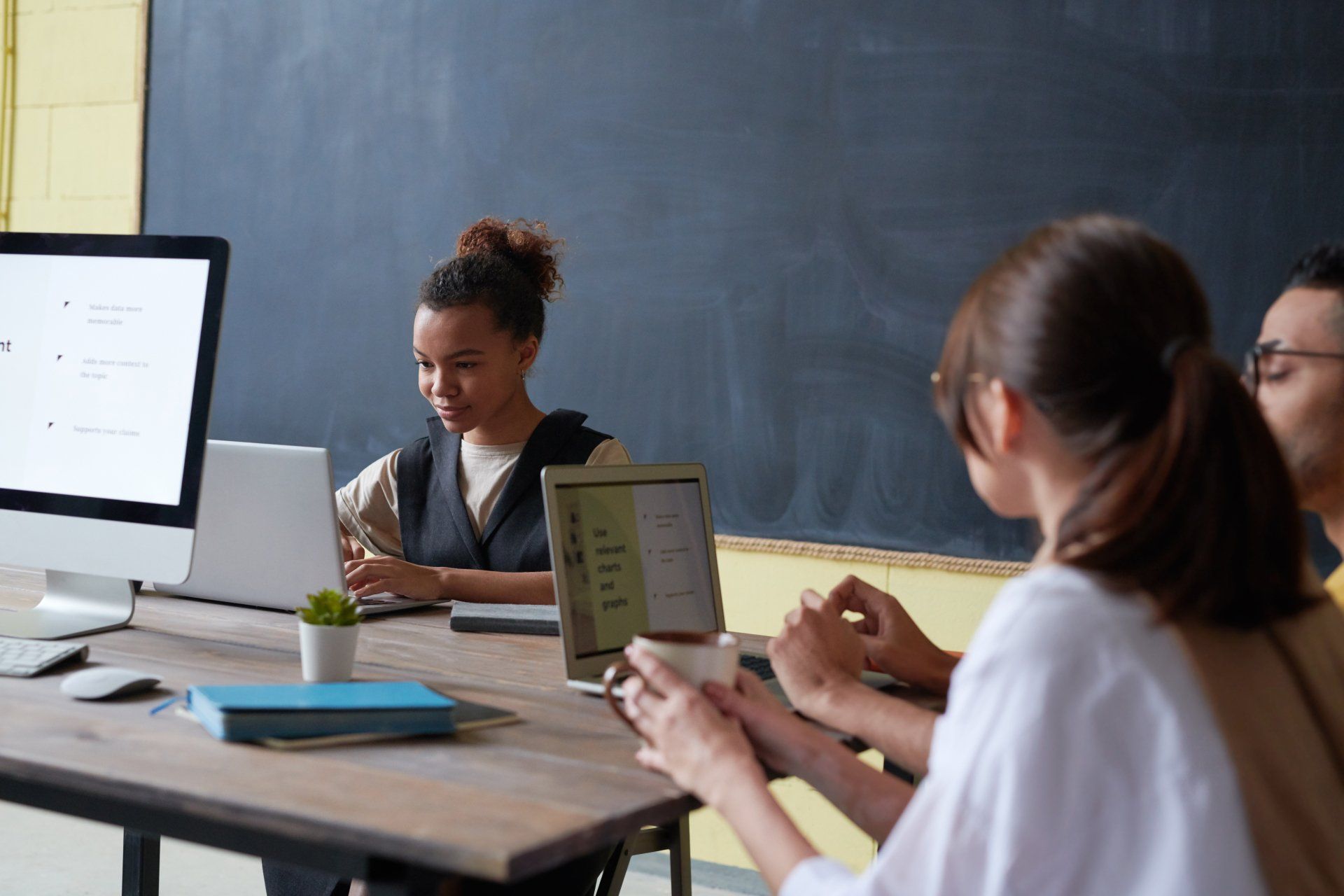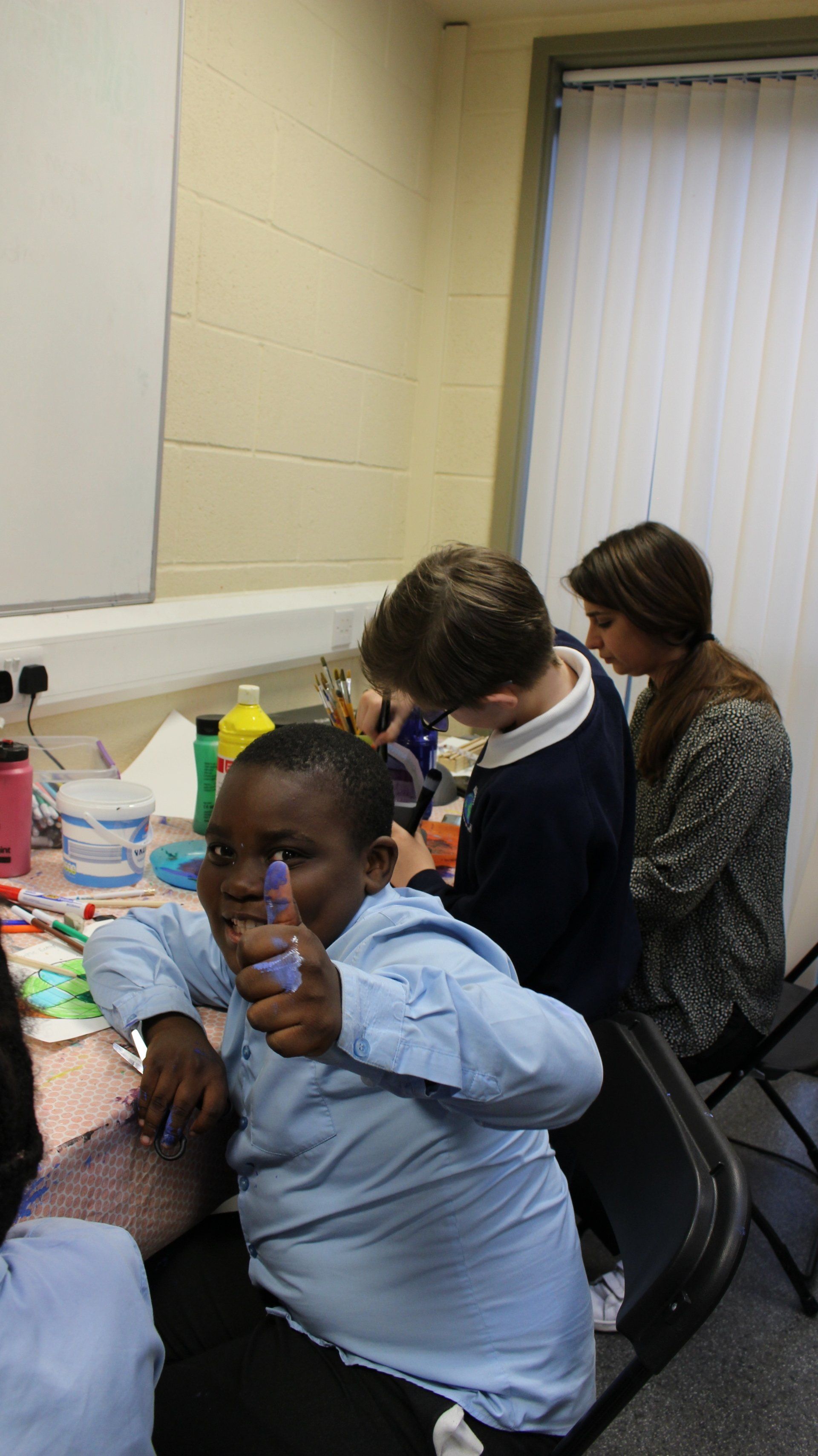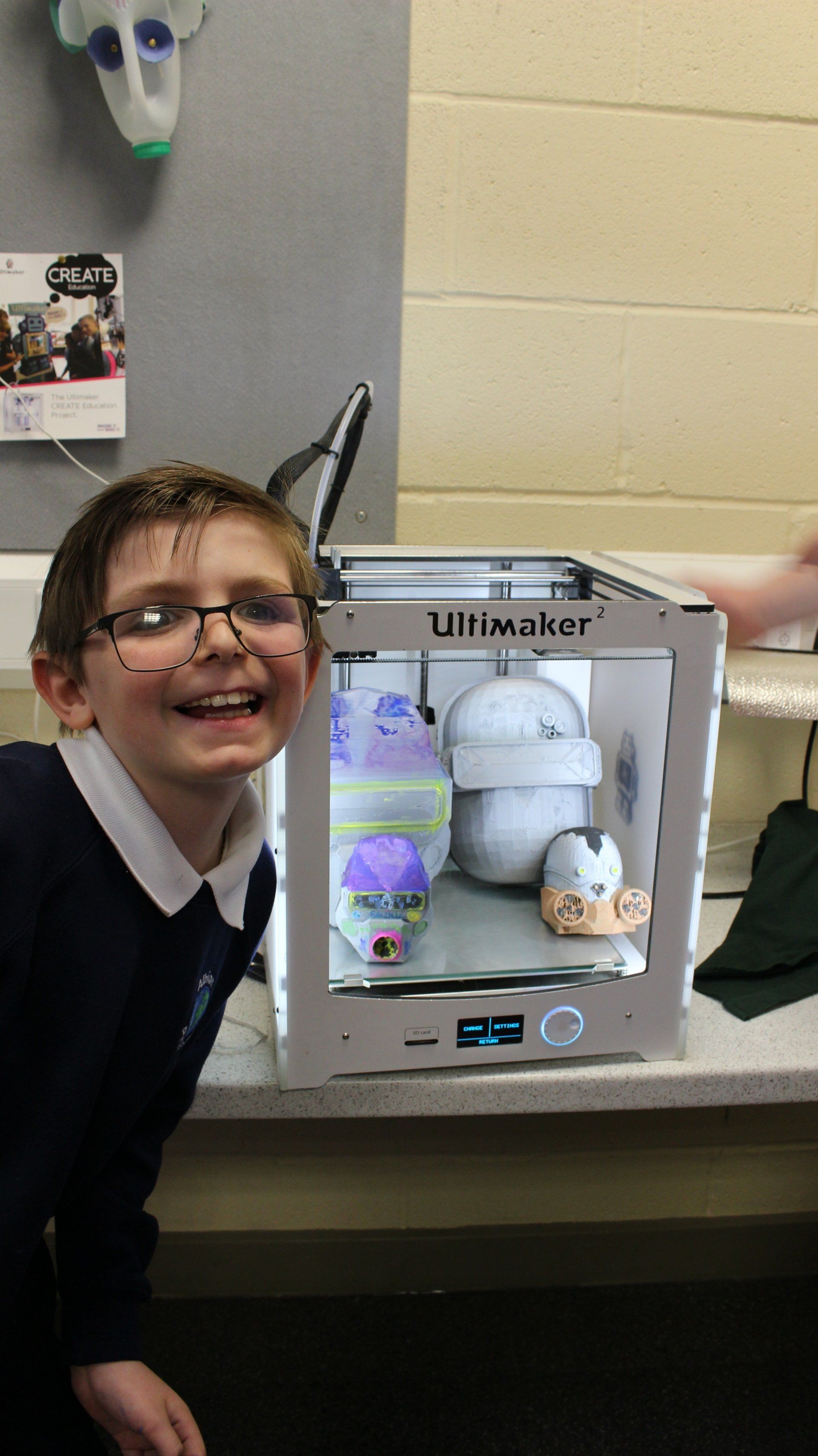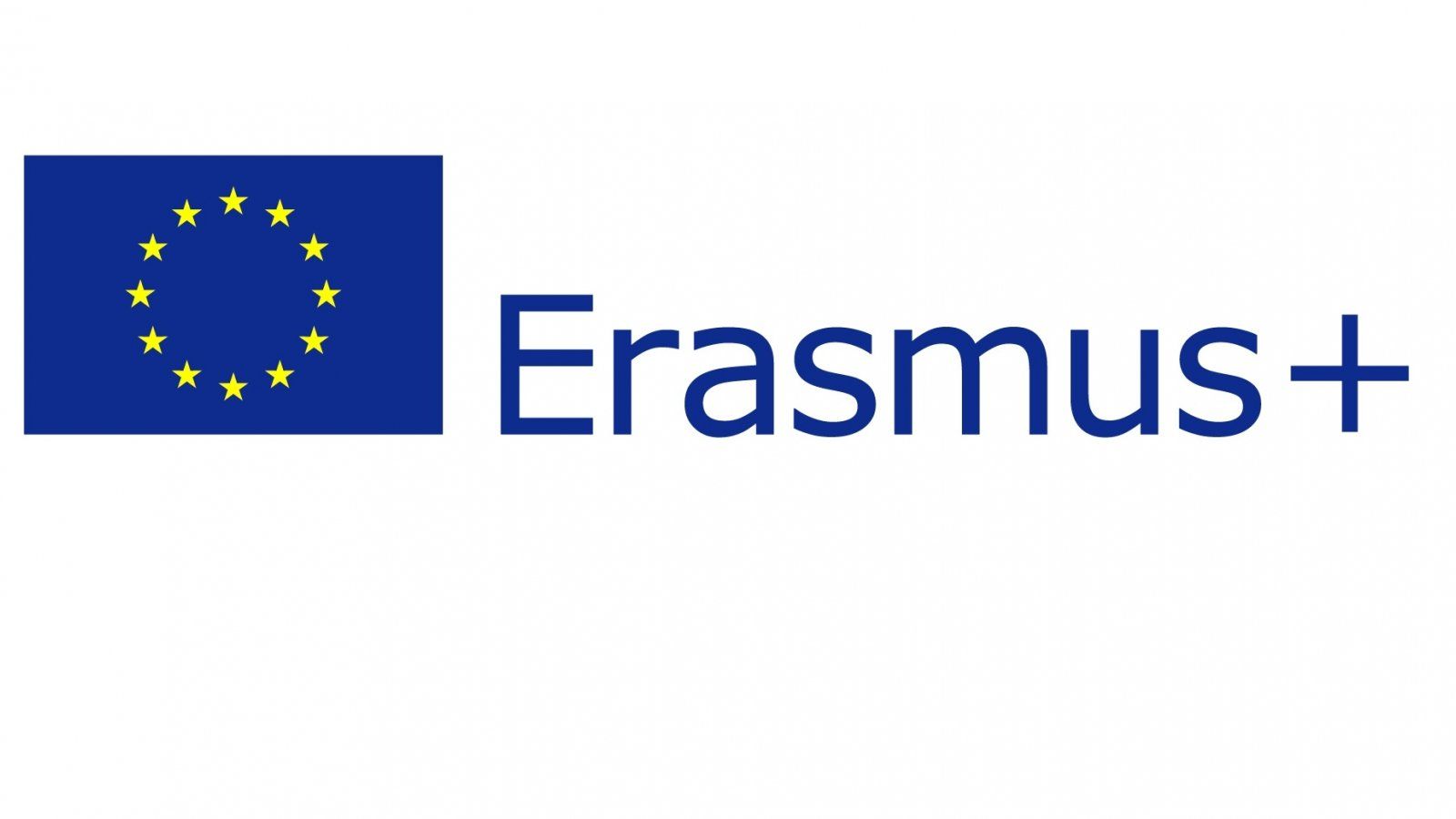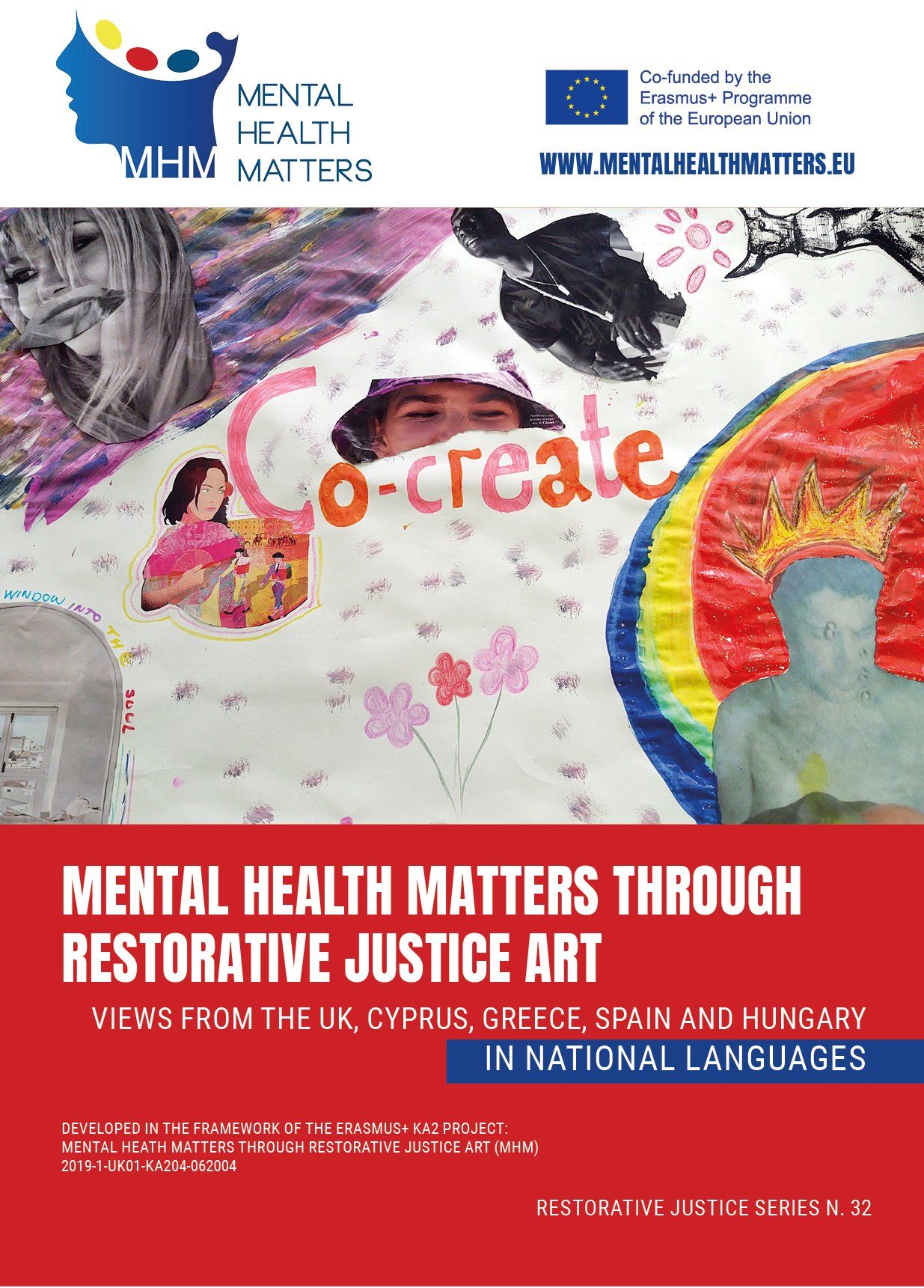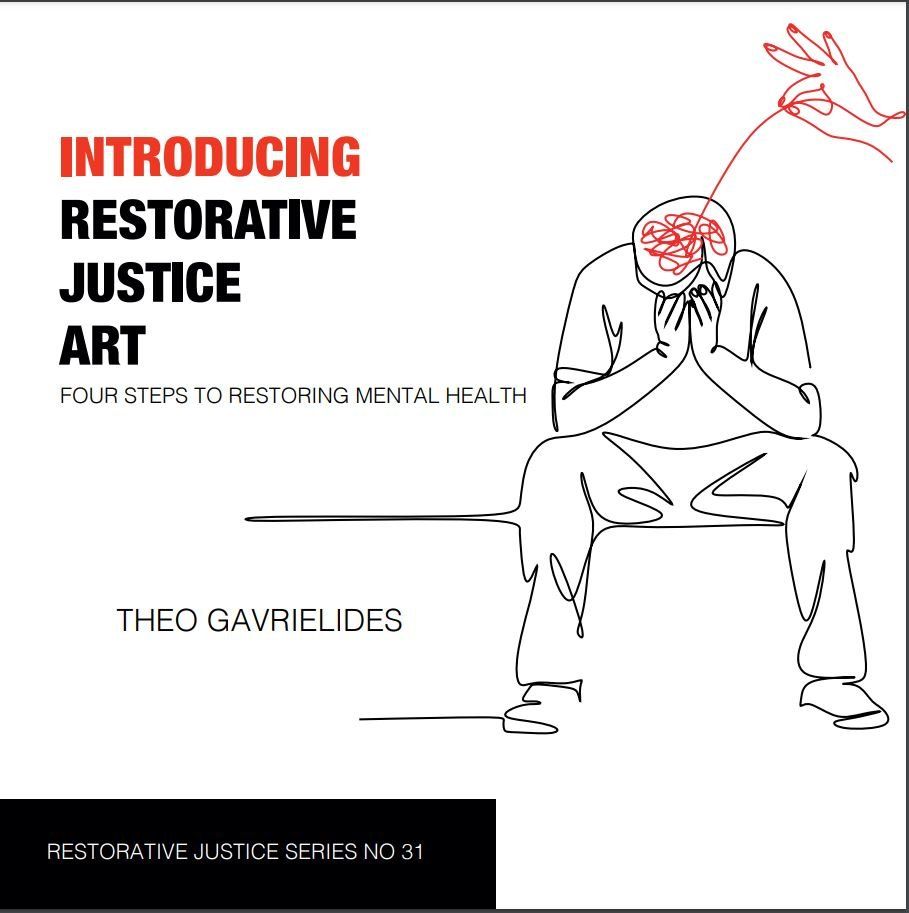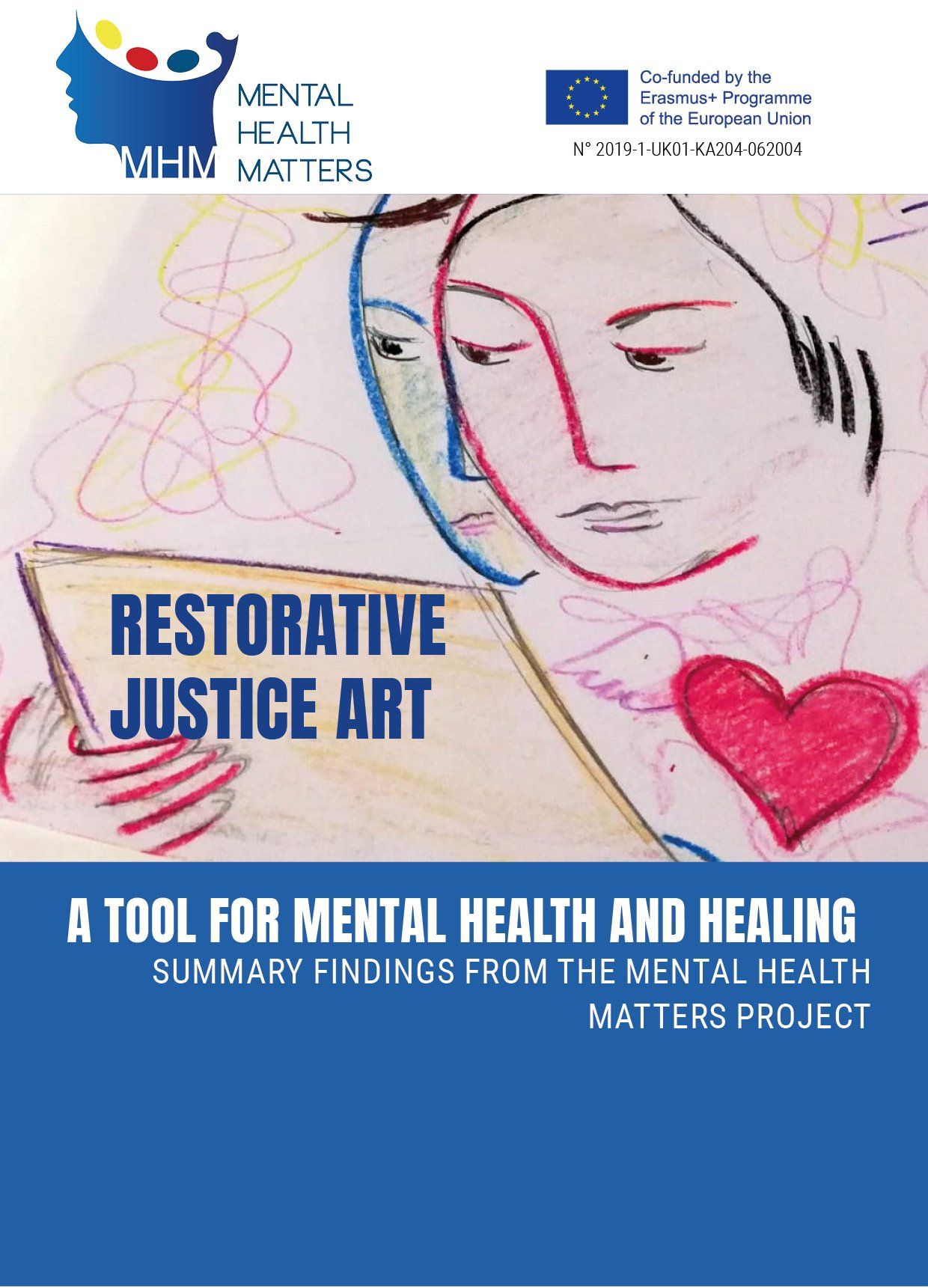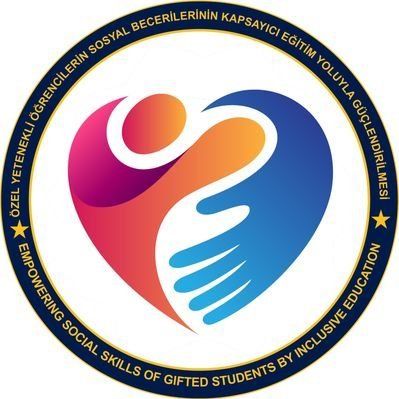
Empowering Social Skills of Gifted Students by Inclusive Education (ESSGSIE)
Grant Agreement 2020-1-TR01-KA201-093617
About
Project Outputs
- Accessible scientific publications
- Articles
- Online sustainable resources
Slide title
Write your caption hereButton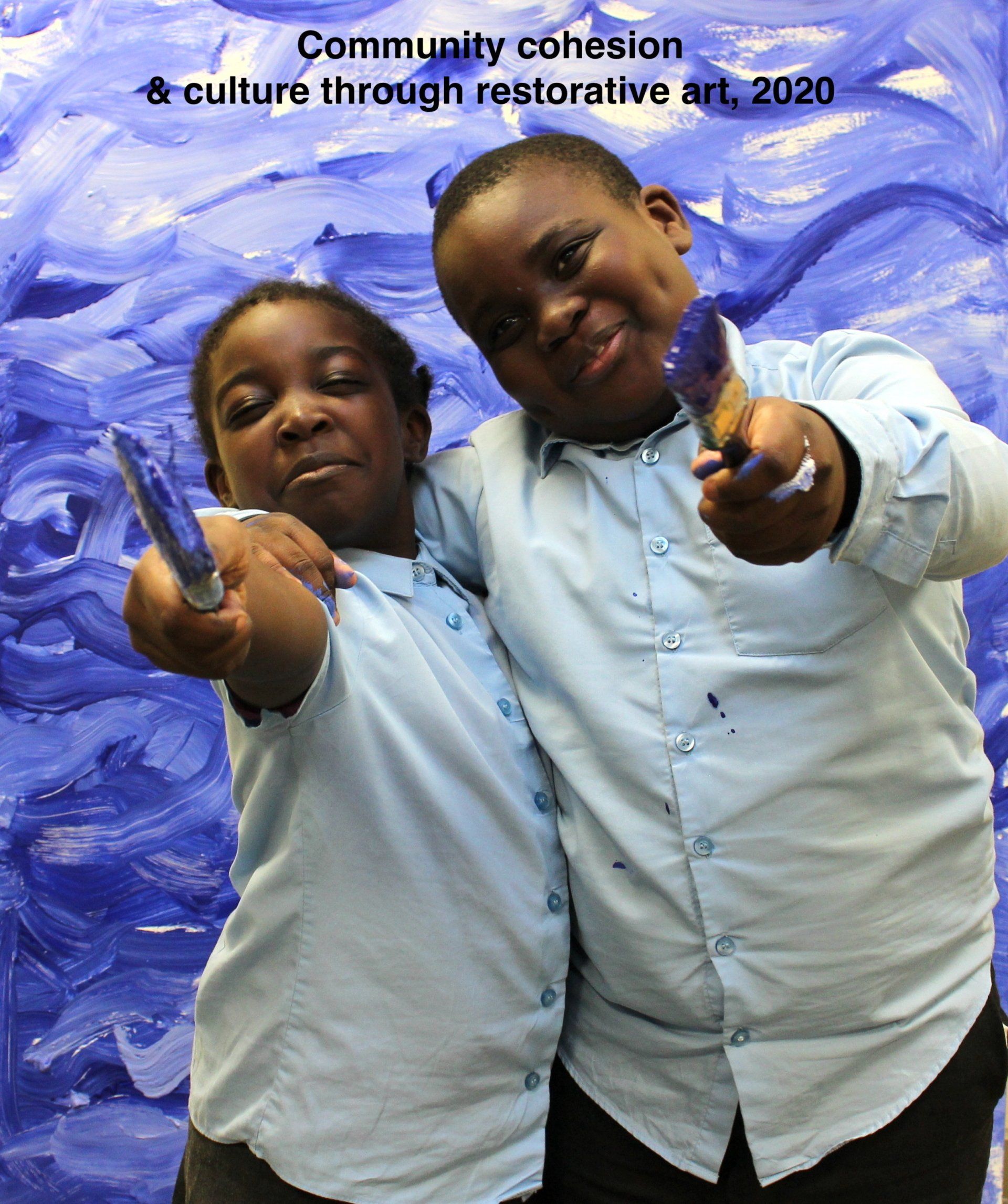
Slide title
Write your caption hereButtonSlide title
Write your caption hereButton
Project Value
In the long term , we aim to create a permanent source to guide Education Policy Makers in the development of social skills of gifted students through inclusive education, to strengthen the social skills of our gifted students. At the same time, all project partner countries will prepare an educational programme by adapting the reports they generate from the project outputs to their socio-cultural structures.
Introduction video
Disclaimer:
The European Commission support for the production of this publication does not constitute an endorsement of the contents which reflects the views only of the authors, and the Commission cannot be held responsible for any use which may be made of the information contained therein
Restorative Justice for All International Institute (RJ4All)
The RJ4All Rotherhithe Community Centre, 30 Plough Way London SE16 2LJ, UK
admin@rj4all.org | +44(0)7708758600 or 07795678904
